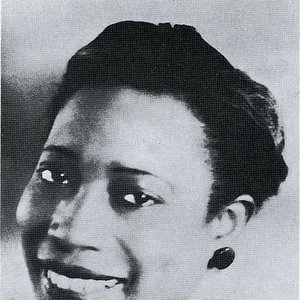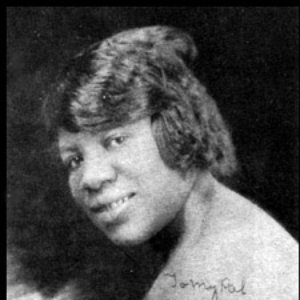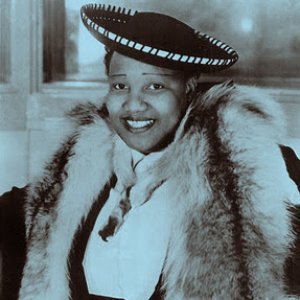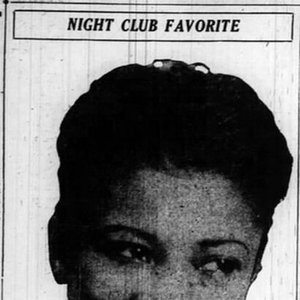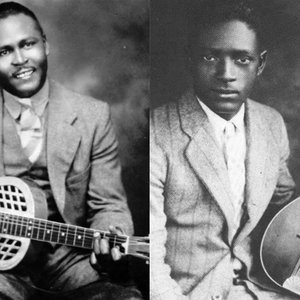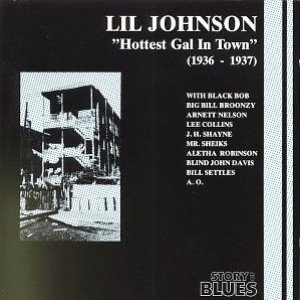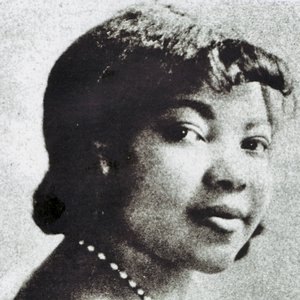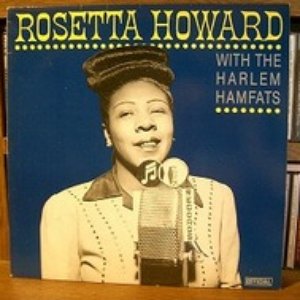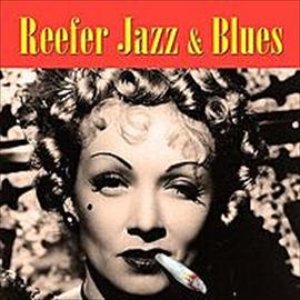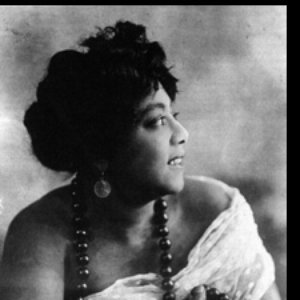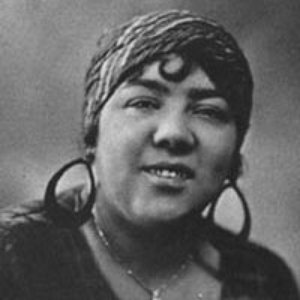Biography
-
Born
1895
-
Born In
Atlanta, Fulton County, Georgia, United States
-
Died
21 September 1943 (aged 48)
Trixie Smith (1895 – September 21, 1943) was an African-American blues singer, recording artist, vaudeville entertainer, and actress. She made four dozen recordings.
Born and raised in Atlanta, Georgia, Smith came from a middle class-background. She attended Selma University in Alabama before moving to New York around 1915. Smith worked in minstrel shows and on the TOBA vaudeville circuit, before making her first recordings for the Black Swan label in 1922.
Amongst these were "My Man Rocks Me (With One Steady Roll)" (1922), written by J. Berni Barbour, of historic interest as the first secular recording to reference the phrase "rock and roll". Her record inspired various lyrical elaborations, such as "Rock That Thing" by Lil Johnson and "Rock Me Mama" by Ikey Robinson. Also in 1922, Trixie Smith won first place and a silver cup in a blues singing contest at the Inter-Manhattan Casino in New York, sponsored by dancer Irene Castle, with her song "Trixie's Blues," singing against Alice Carter, Daisy Martin and Lucille Hegamin. She is most remembered for "Railroad Blues" (1925), a song that featured one of Smith's most inspired vocal performances on record, and "The World Is Jazz Crazy and So Am I" (1925). Both songs feature Louis Armstrong on cornet. She was a highly polished performer, and her records include several outstanding examples of the blues on which she is accompanied by artists such as James P. Johnson, and Freddie Keppard. She recorded with Fletcher Henderson's Orchestra for Paramount Records in 1924–25.
As her career as a blues singer waned, mostly she sustained herself by performing in cabaret revues, and starring in musical revues such as New York Revue (1928) and Next Door Neighbors (1928) at the Lincoln Theatre in Harlem. Smith also appeared in Mae West's short-lived 1931 Broadway effort, The Constant Sinner. Two years later, Smith was elevated to the stage of the Theatre Guild for its production of Louisiana.
She appeared in four movies: God's Step Children (1938), Swing! (1938), Drums o' Voodoo (1934), and The Black King (1932). Two of these films were directed by Oscar Micheaux. She appeared at John H. Hammond's "From Spirituals to Swing" concert in 1938, and recorded seven titles during 1938–1939. Most of her later recordings were with Sidney Bechet for Decca in 1938. In 1939 she cut "No Good Man" with a band including Red Allen and Barney Bigard.
Trixie Smith died in New York in 1943, after a brief illness, aged 48.
Artist descriptions on Last.fm are editable by everyone. Feel free to contribute!
All user-contributed text on this page is available under the Creative Commons Attribution-ShareAlike License; additional terms may apply.

